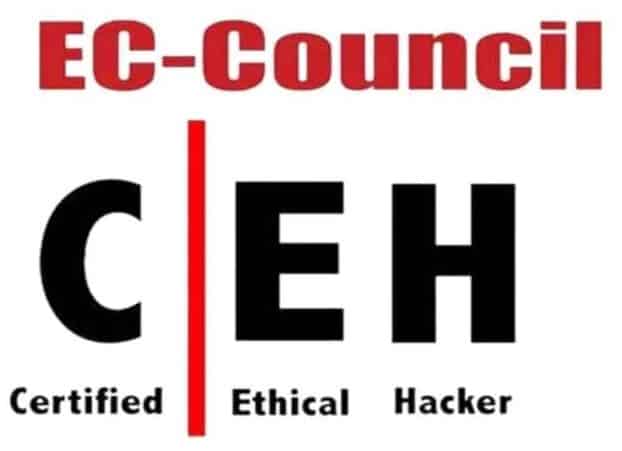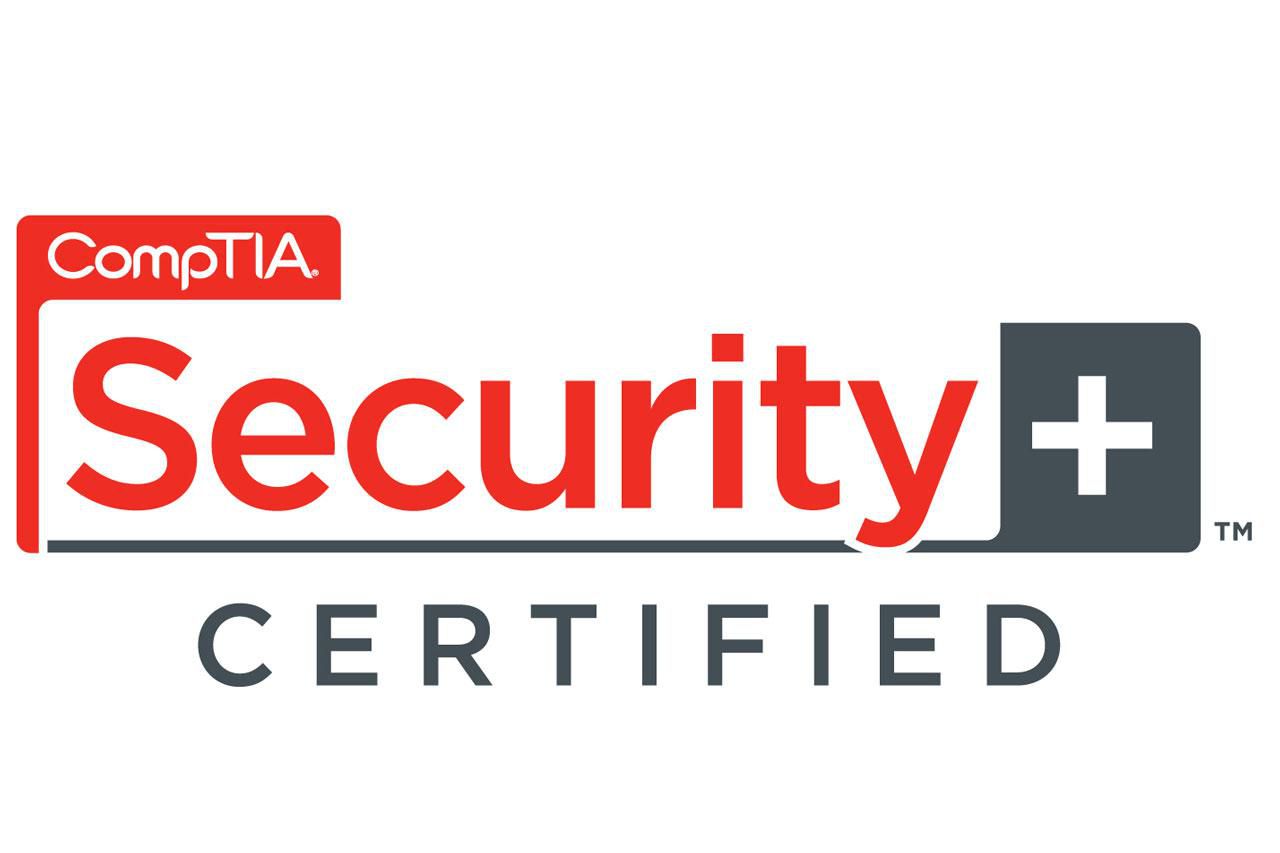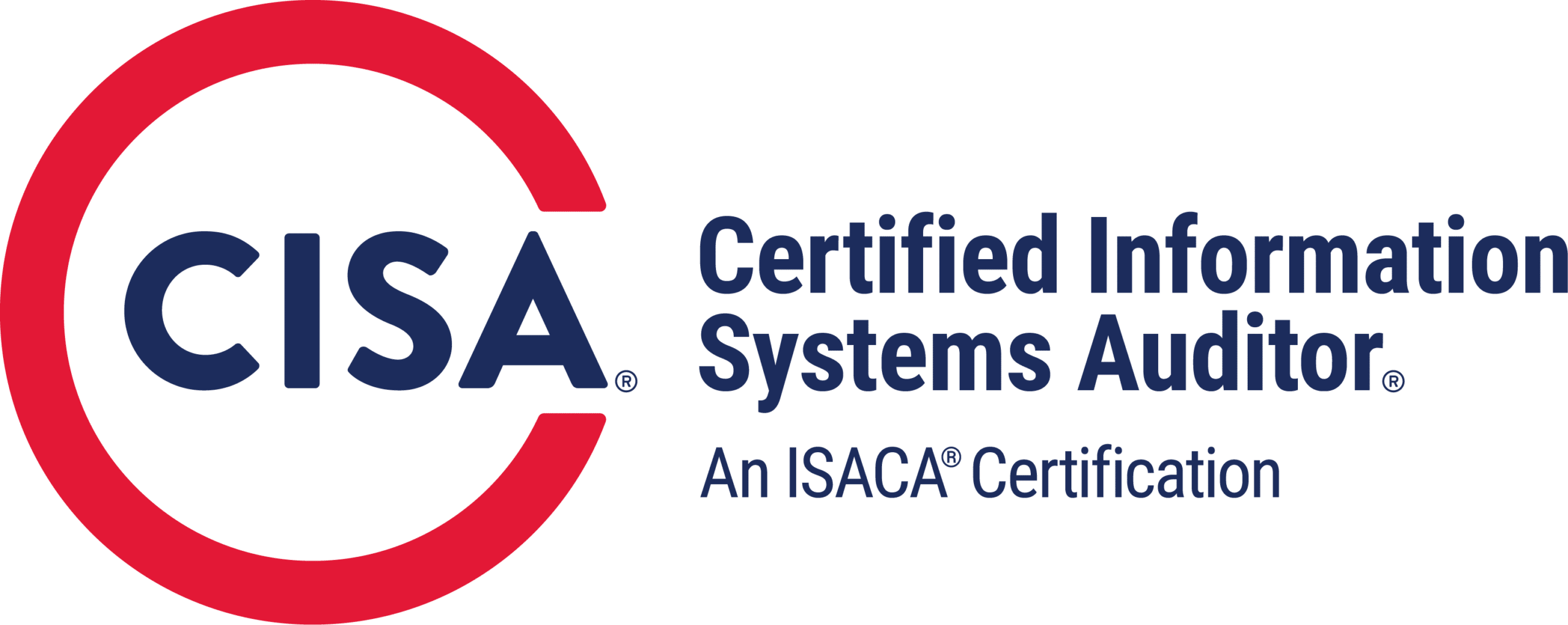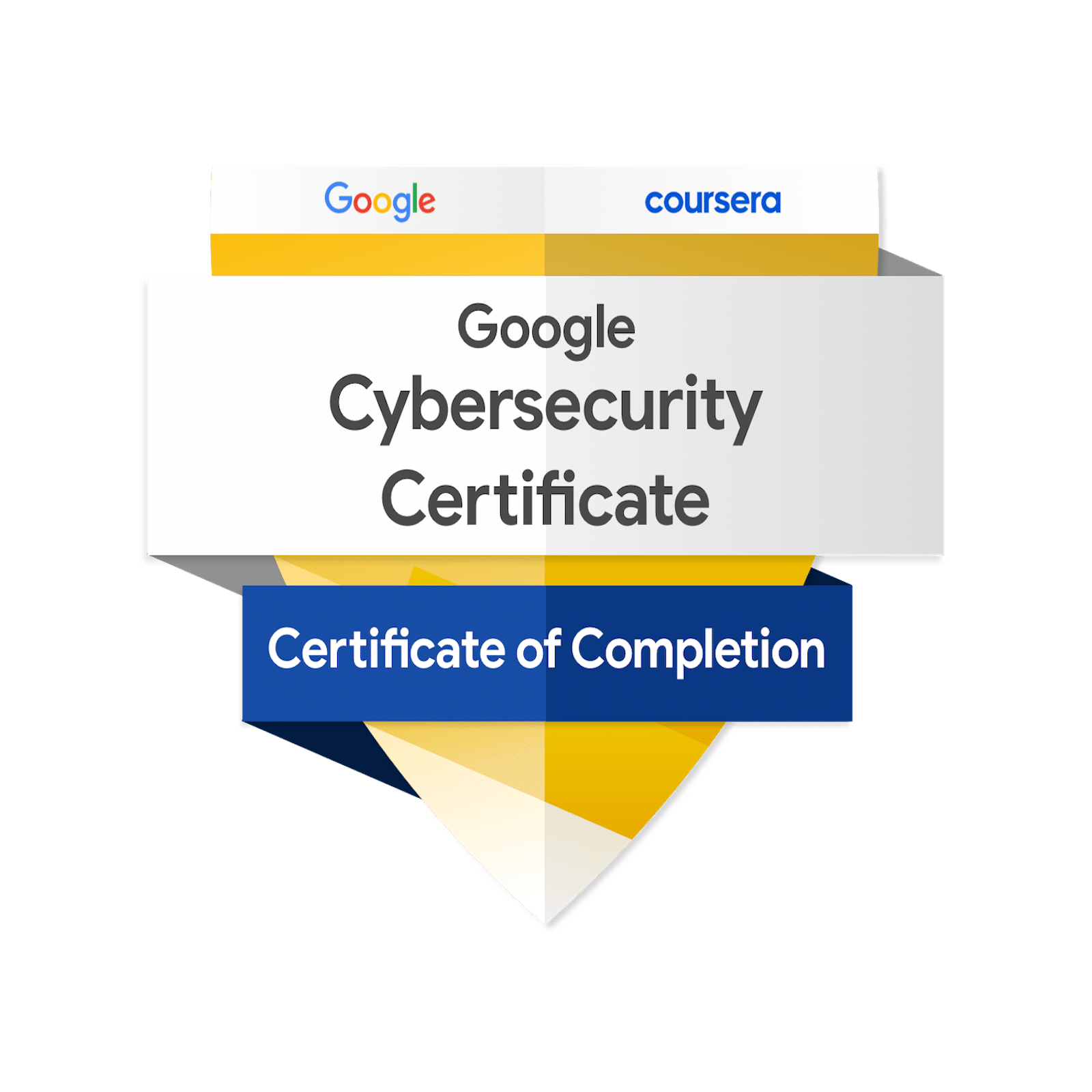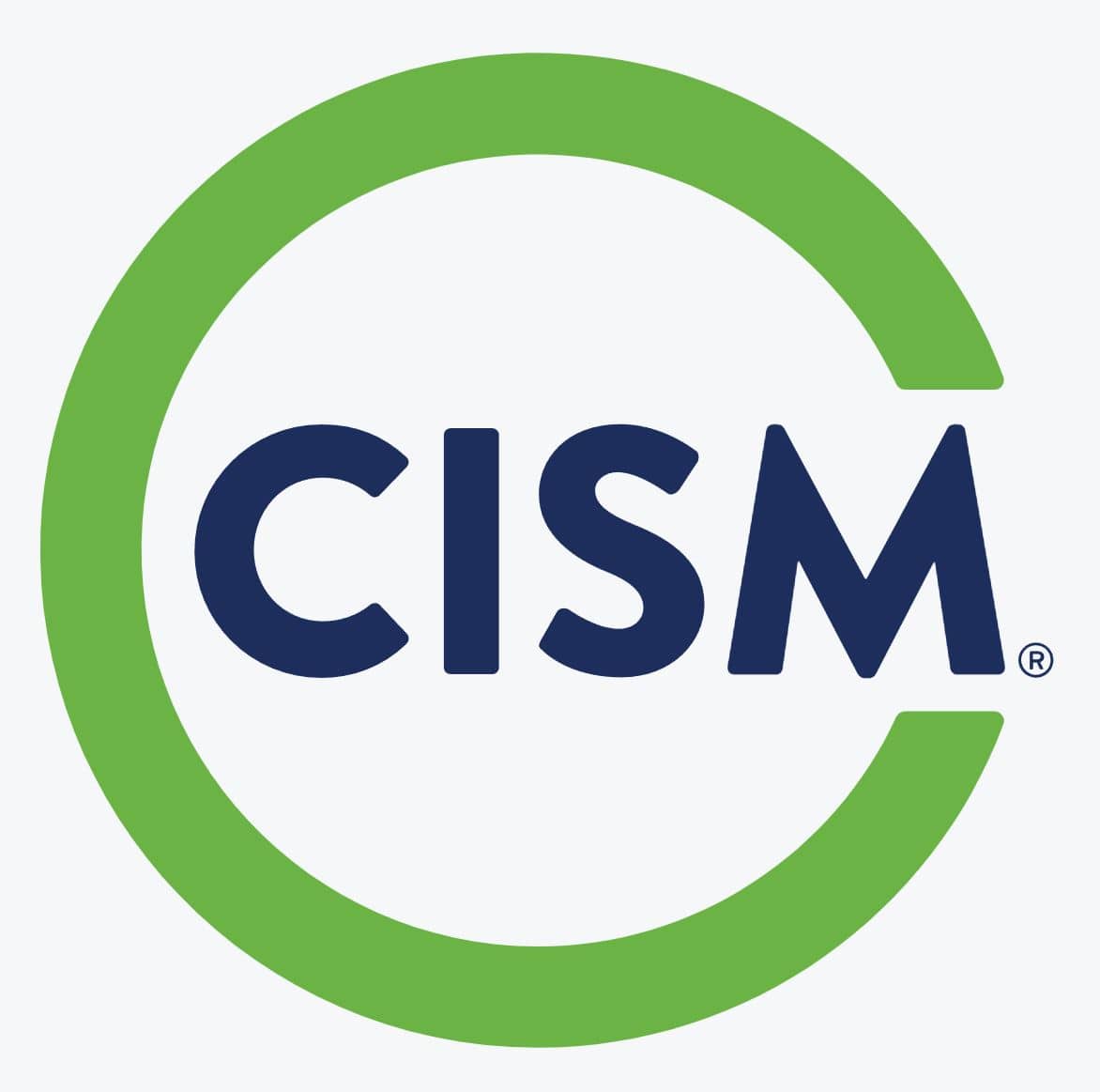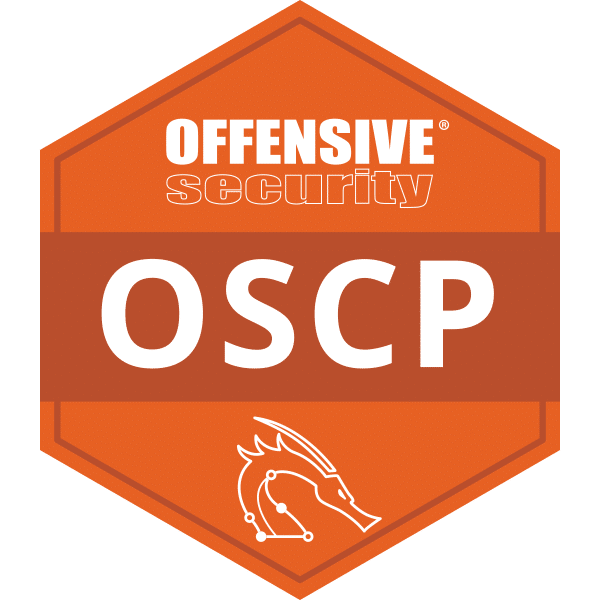Starting a career in cybersecurity can be overwhelming with so many certification options available. To help you make the right choice, we have compiled a list of 12 beginner-friendly cybersecurity certifications. These certifications are tailored to individuals looking to enter the field of cybersecurity and provide a solid foundation of knowledge and skills necessary for a successful career in digital security.
Key Takeaways:
- The Certified Ethical Hacker (CEH) certification is highly recognized for ethical hacking and penetration testing roles.
- CompTIA Security+ is a globally recognized certification that covers fundamental cybersecurity skills.
- CompTIA PenTest+ focuses on penetration testing skills and vulnerability identification.
- The GIAC Information Security Fundamentals (GISF) certification offers a foundational understanding of information security.
- The GIAC Security Essentials (GSEC) certification provides a comprehensive understanding of essential security topics.
Certified Ethical Hacker (CEH)
The Certified Ethical Hacker (CEH) certification, offered by EC-Council, is an ANSI-accredited credential ideal for professionals aspiring to become ethical hackers, penetration testers, and IT security professionals. With its rigorous examination and comprehensive coverage of nine domains, the CEH certification ensures that individuals possess the necessary skills and knowledge to identify and address vulnerabilities in computer systems.
The CEH exam requires mandatory training or two years of industry experience before candidates can sit for the test. By obtaining the CEH certification, individuals demonstrate their proficiency in understanding the mindset and techniques of malicious hackers, allowing them to think and act like a hacker in an ethical manner.
“Ethical hackers play a crucial role in ensuring the security of organizations by identifying vulnerabilities before malicious hackers can exploit them.”
The CEH certification is highly recognized in the industry, making it a valuable asset for professionals seeking cybersecurity positions. It is often listed as a requirement or preferred qualification in job postings for roles such as cybersecurity engineer, vulnerability analyst, and penetration tester. Employers value the CEH certification as it signifies a strong foundation in ethical hacking principles and practices.
Domains Covered in the CEH Exam:
- Introduction to Ethical Hacking
- Footprinting and Reconnaissance
- Scanning Networks
- Enumeration
- Vulnerability Analysis
- System Hacking
- Malware Threats
- Sniffing
- Social Engineering
By mastering these domains, CEH-certified professionals are equipped with the necessary skills to identify vulnerabilities, perform penetration testing, and implement security countermeasures. This certification provides a solid foundation for individuals seeking to establish a successful career in ethical hacking and cybersecurity.
CompTIA Security+
CompTIA Security+ is a globally recognized, vendor-neutral certification that covers baseline cybersecurity skills. This certification is designed to equip individuals with practical skills in various areas, including attacks and vulnerabilities, operations, and incident response. By obtaining the CompTIA Security+ certification, you demonstrate your competence in safeguarding information systems and protecting valuable data from potential threats.
The CompTIA Security+ exam consists of multiple-choice and performance-based questions, allowing you to showcase your understanding of cybersecurity concepts and apply them in real-world scenarios. Unlike some other certifications, CompTIA Security+ does not have any prerequisites, making it accessible to beginners who are starting their cybersecurity journey.
Security+ is highly regarded in the industry and is often considered a prerequisite for entry to mid-level cybersecurity positions. Employers recognize the value of this certification as it validates your knowledge and skills in foundational cybersecurity concepts. It serves as a stepping stone for advancing your career and pursuing more specialized certifications in the future.
Key Aspects of CompTIA Security+
- Vendor-neutral certification recognized worldwide
- Covers baseline cybersecurity skills
- Focuses on practical skills in attacks, vulnerabilities, operations, and incident response
- Exam includes multiple-choice and performance-based questions
- No prerequisites required
- Highly regarded in the industry and often a prerequisite for entry to mid-level cybersecurity jobs
| Benefits of CompTIA Security+ | Why Choose CompTIA Security+ |
|---|---|
| 1. Enhanced job prospects | 1. Globally recognized certification |
| 2. Validation of foundational cybersecurity skills | 2. Covers practical skills essential for cybersecurity roles |
| 3. Opportunity for career advancement | 3. No prerequisites, accessible to beginners |
| 4. Industry recognition and credibility | 4. Helps meet job requirements |
| 5. Building a solid knowledge foundation | 5. Provides a stepping stone for specialized certifications |
CompTIA PenTest+
CompTIA PenTest+ is an intermediate-level certification that focuses on penetration testing skills. It validates the ability to evaluate and exploit network vulnerabilities and effectively report findings.
The PenTest+ exam covers various topics, including:
- Planning and scoping
- Information gathering
- Vulnerability identification
This certification is accessible to beginners interested in penetration testing, as there are no prerequisites for the PenTest+ certification. By obtaining this certification, individuals can demonstrate their expertise in identifying and addressing security weaknesses in computer systems.

GIAC Information Security Fundamentals (GISF)
The GIAC Information Security Fundamentals (GISF) certification is ideal for individuals who are new to the field of information security and are looking to establish a strong foundational understanding. This certification covers a range of important topics, including security policies, risk management, and network fundamentals. By obtaining the GISF certification, professionals gain the knowledge and skills required to navigate the complex landscape of information security and contribute to the protection of digital assets.
GISF is a vendor-neutral certification, meaning that it is not tied to any specific technology or platform. This makes it applicable across different industries and organizations, as the principles and concepts covered are universally relevant. Whether you are pursuing a career in cybersecurity or seeking to enhance your knowledge and skills in information security, the GISF certification provides a solid starting point.
One of the key benefits of the GISF certification is that it doesn’t have any specific prerequisites. This makes it accessible to individuals with diverse educational and professional backgrounds. Whether you’re a recent graduate, an IT professional looking to transition into cybersecurity, or an individual from a non-technical field with a keen interest in information security, the GISF certification can help you lay the groundwork for a successful career in the industry.
“The GISF certification offers a comprehensive curriculum that covers fundamental concepts in information security. It equips individuals with the essential knowledge and skills needed to understand and address various cybersecurity challenges.”
By earning the GISF certification, professionals demonstrate their commitment to continuous learning and professional development. This certification is recognized and respected in the industry, adding credibility to your resume and increasing your job prospects. Whether you’re aiming to join a cybersecurity team within an organization or work as a security analyst, the GISF certification can help open doors to exciting career opportunities.
Furthermore, the GISF certification prepares individuals for further advanced certifications in the GIAC portfolio. It serves as a solid foundation upon which professionals can build their expertise and pursue specialized areas of interest within information security.
Key Topics Covered in the GISF Certification:
- Security policies and frameworks
- Risk management
- Access controls and authentication
- Network and infrastructure security
- Third-party risk management
The GISF certification equips professionals with the essential knowledge and skills to understand and address various cybersecurity challenges. By obtaining this certification, individuals can gain the confidence and expertise necessary to make meaningful contributions in the field of information security.
GIAC Security Essentials (GSEC)
The GIAC Security Essentials (GSEC) certification is the ideal choice for individuals seeking a comprehensive understanding of information security fundamentals. With its in-depth coverage of essential security topics like access controls, cryptography, and incident response, GSEC is highly regarded in the cybersecurity community.
This certification is designed to equip beginners with the knowledge and skills necessary to excel in the field of information security. By earning the GSEC certification, individuals can demonstrate their proficiency in key areas of cybersecurity, making them more competitive in the job market.
One of the standout features of the GSEC certification is its accessibility to beginners. There are no prerequisites for taking the exam, which means anyone with a passion for cybersecurity can pursue this certification. This makes GSEC an excellent starting point for those looking to kickstart their career in information security.
The GSEC certification provides a solid foundation in information security, preparing individuals for various cybersecurity roles and giving them a head start in their careers.
Below is a breakdown of the key topics covered in the GSEC certification:
| Topics | Description |
|---|---|
| Access Controls | Covers concepts and mechanisms used to control and restrict access to computer systems and networks. |
| Cryptography | Explores encryption algorithms, key management, and cryptographic protocols. |
| Incident Response | Focuses on the procedures and techniques used to respond to and mitigate cybersecurity incidents. |
| Network Security | Covers network architecture, protocols, and security controls to protect against network-based attacks. |
By obtaining the GSEC certification, individuals can gain a solid understanding of these fundamental security domains, providing a strong foundation for further advancement in the field.
(ISC)² Systems Security Certified Practitioner (SSCP)
The (ISC)² Systems Security Certified Practitioner (SSCP) certification is ideal for individuals who want to demonstrate their knowledge and skills in various security domains. This certification covers topics such as access controls, network security, and threat detection. While SSCP does not have any specific prerequisites, it is recommended to have at least one year of experience in one or more of the seven domains.
Obtaining the (ISC)² SSCP certification validates your expertise in implementing and managing a strong security infrastructure. By gaining a deep understanding of access controls, security operations, network risk assessment, and security administration practices, you will be well equipped to protect organizations from potential cyber threats.
Key Topics Covered in the (ISC)² SSCP Certification:
- Access Controls and Identity Management
- Security Operations and Administration
- Risk Identification, Monitoring, and Analysis
- Incident Response and Recovery
- Cryptography
- Network and Communications Security
- Systems and Application Security
The (ISC)² SSCP certification provides a comprehensive knowledge base that allows security practitioners to effectively design, implement, and manage a secure environment. It serves as a testament to your commitment to the field of cybersecurity and demonstrates your ability to protect critical information assets.
The (ISC)² SSCP certification equips professionals with the skills and knowledge needed to effectively address today’s complex security challenges. With its broad coverage of security domains, SSCP offers a valuable credential for anyone looking to advance their career in cybersecurity.
Considered an industry-standard certification, employers often seek (ISC)² SSCP certified practitioners due to their demonstrated expertise and solid understanding of security principles. Whether you are starting a career or looking to enhance your existing cybersecurity skills, the (ISC)² SSCP certification can significantly boost your professional prospects.

Certified in Cybersecurity (CC)
The Certified in Cybersecurity (CC) certification, offered by (ISC)², validates foundational knowledge for those new to cybersecurity. It covers security principles, business continuity, and security operations. CC is an emerging certification that quickly gains recognition for providing foundational cybersecurity knowledge. There are no prerequisites for this certification.
Cisco CyberOps Associate (CBROPS)
The Cisco CyberOps Associate (CBROPS) certification is an excellent choice for individuals seeking a successful career in cybersecurity operations. This certification program focuses on developing practical skills and knowledge related to the operational aspects of cybersecurity and network systems. By earning the CBROPS certification, you can enhance your expertise in protecting critical infrastructure and defending against cyber threats.
The CBROPS exam assesses candidates through a combination of multiple-choice, drag-and-drop, and interactive lab-style questions. It covers essential topics such as security concepts and network intrusion analysis, enabling you to gain a comprehensive understanding of cybersecurity operations. With this certification, you will have the skills required to identify and respond to security incidents effectively.
One of the key advantages of the CBROPS certification is that it does not have any prerequisites. This makes it accessible to individuals who are new to the field of cybersecurity and are looking to begin their journey. Whether you are a recent graduate or a professional seeking a career transition, the CBROPS certification can provide you with the foundational knowledge and skills necessary to succeed in the cybersecurity industry.
Benefits of the Cisco CyberOps Associate (CBROPS) certification:
- Gain a solid understanding of cybersecurity operations and network systems
- Develop skills in security concepts and network intrusion analysis
- Enhance your ability to identify and respond to security incidents
- Expand your job prospects in the cybersecurity industry
- Establish yourself as a knowledgeable professional in the field
The CBROPS certification is recognized globally and valued by organizations seeking cybersecurity professionals with operational expertise. It demonstrates your commitment to maintaining the highest standards of cybersecurity practices and provides a competitive edge in the job market. Whether you are looking to start your career in cybersecurity or advance your existing role, the Cisco CyberOps Associate (CBROPS) certification can help you achieve your goals.
Google Cybersecurity Professional Certificate
The Google Cybersecurity Professional Certificate is an online program developed by Google and offered through Coursera. It provides individuals with a beginner-friendly pathway to learn essential cybersecurity skills that are in high demand in today’s digital landscape.
This comprehensive certificate program covers a wide range of topics in cybersecurity, including:
- Networking fundamentals
- Operating systems and infrastructure
- Security tools and technologies
- Incident response and disaster recovery
- Secure coding and encryption
- Threat analysis and risk assessment
Students will gain hands-on experience through interactive labs and real-world scenarios to enhance their practical skills. The program is designed to equip learners with the knowledge and expertise necessary to pursue entry-level cybersecurity roles.
“This certificate program allows individuals to acquire the fundamental knowledge and skills required to protect digital assets. It’s a great starting point for anyone interested in a career in cybersecurity.” – John Smith, Cybersecurity Expert
Upon successful completion of the Google Cybersecurity Professional Certificate, graduates will receive a certificate recognized by industry professionals and employers. This credential can bolster job opportunities and demonstrate a commitment to cybersecurity excellence.
Image:
| Program Highlights | Benefits |
|---|---|
| Interactive labs and real-world scenarios | Enhanced practical skills |
| Comprehensive coverage of cybersecurity topics | In-demand skills |
| Recognized certificate from Google | Improved job prospects |
| Accessible online program | Flexible learning |
Conclusion
Choosing the right cybersecurity certification is crucial for beginners who want to kickstart their career in information security. Each of the certifications mentioned in this article offers valuable knowledge and skills to prepare individuals for various cybersecurity roles. It’s important to consider your interests, career goals, and prerequisites before selecting a certification. Whether you choose one or multiple certifications, investing in cybersecurity training will enhance your skills and increase your job prospects in the rapidly growing field of cybersecurity.
FAQ
What are the 9 cybersecurity certifications for beginners?
The 12 cybersecurity certifications for beginners are Certified Ethical Hacker (CEH), CompTIA Security+, CompTIA PenTest+, GIAC Information Security Fundamentals (GISF), GIAC Security Essentials (GSEC), (ISC)² Systems Security Certified Practitioner (SSCP), Certified in Cybersecurity (CC), Cisco CyberOps Associate (CBROPS), Google Cybersecurity Professional Certificate, and more.
What is the Certified Ethical Hacker (CEH) certification?
The Certified Ethical Hacker (CEH) certification is an ANSI-accredited credential offered by EC-Council. It is designed for professionals who aspire to become ethical hackers, penetration testers, and IT security professionals.
What is the CompTIA Security+ certification?
CompTIA Security+ is a globally recognized, vendor-neutral certification that covers baseline cybersecurity skills. It focuses on practical skills in areas such as attacks and vulnerabilities, operations, and incident response.
What is the CompTIA PenTest+ certification?
The CompTIA PenTest+ certification is an intermediate-level certification that focuses on penetration testing skills. It validates the ability to evaluate and exploit network vulnerabilities and effectively report findings.
What is the GIAC Information Security Fundamentals (GISF) certification?
The GIAC Information Security Fundamentals (GISF) certification is designed for individuals who are new to information security and want to establish a foundational understanding of the field. It covers topics such as security policies, risk management, and network fundamentals.
What is the GIAC Security Essentials (GSEC) certification?
The GIAC Security Essentials (GSEC) certification is intended for individuals looking to gain a comprehensive understanding of information security fundamentals. It covers topics like access controls, cryptography, and incident response.



